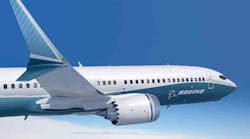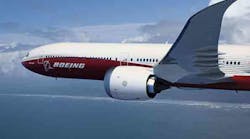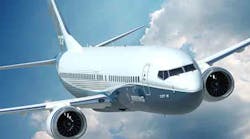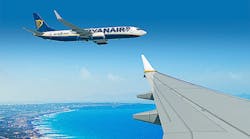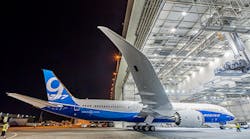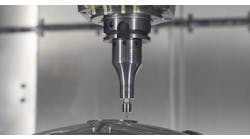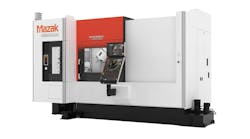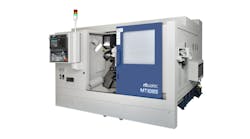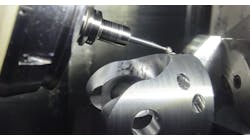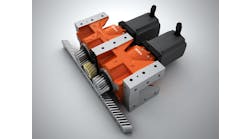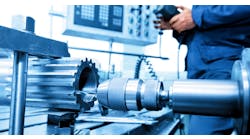Boeing Commercial Airplanes has opened a new manufacturing plant at its North Charleston, S.C., complex, known as Propulsion South Carolina, where it will design and assemble engine nacelle inlets for the 737 MAX jets. The same operation will design engine nacelle fan cowls for the 737 MAX, and design and engineering integration for the 777X nacelle.
The OEM did not indicate the cost of the new operation, nor its employment totals.
The 225,000-sq.ft. plant will include “automated manufacturing equipment” (large robots) to assemble the 737 MAX engine nacelle inlets.
Propulsion South Carolina also has office space for engineering design, production, and support staff.
The PSC plant was established almost two years ago and has been under construction while workers carried out their functions at other Boeing operations in South Carolina. According to Boeing, to date much of PSC’s planned has been handled by the jet-builder’s Tier suppliers, but it is “strategically bringing some of that work in-house.”
Boeing Commercial Airplanes president and CEO Ray Conner said, “The new propulsion center demonstrates our confidence in the Boeing South Carolina workforce and Boeing’s commitment to the state.”
The 737 MAX will be the next version of the 737 series of twin-engine narrow-body passenger jets, mainly offering more fuel-efficiency via changes in the airframe design and incorporation of the CFM International LEAP-1B engines.
Boeing has about 2,550 firm orders for the 737 MAX, which is scheduled to debut in 2017.
The 777x will be a twin-aisle long-range jet replacing the current version of the 777, incorporating various engine, composite wings, and other design details from the Boeing 787 Dreamliner. Though it’s still in development, Boeing has about 240 firm orders for the 777X, and plans call for jet construction to begin in 2017.
“Our investment in both South Carolina and Washington state will help enable Boeing to be a preferred provider to customers and capture future airplane market demand by delivering competitive and high-performing products such as the 737 MAX and 777X,” according to Connor.
